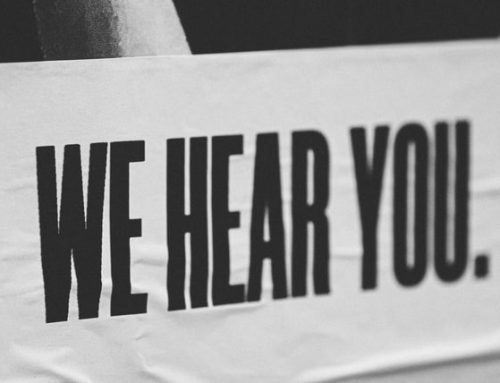Let’s be honest: nobody likes to have their mistakes pointed out.
In the business world, dissecting what went wrong and how to address it can sometimes turn to blame. Yet, with the right corporate culture, it can be a powerful monitoring tool which helps you provide outstanding customer service.
Four Seasons Hotels, the worldwide luxury hotel chain, is one of the companies that got it right and have been using mistakes as a way to improve.
Every day starts with a staff meeting with every department represented to review what didn’t go as well as it could have the previous day – called the “glitch report”- an analysis of why it happened, whether it could have been avoided, and if not, what steps need to be taken so that it doesn’t happen again. They also look at the clients affected and agree on how to make it right with them. Through prompt action, Four Season Hotels ensure that unsatisfactory situations are remedied promptly before they affect their reputation.
Of course, not every company has the resources to go through that process daily, yet, can you really afford not to? Unhappy customers will express their feelings more readily than satisfied customers. It can lead to bad publicity, order cancellations and, in an age where social media are omnipresent, it can go viral and ruin your reputation in a matter of hours.
On the other hand, collecting and analysing this data may not be as time-consuming as you think. It is legal to record business calls for training and monitoring purposes – as long as customers are informed – and this can form the basis of your report.
You won’t need to recruit an army of little elves to listen to every conversation: an interaction analytics system can be programmed to automatically pick up on key phrases such as “I want to talk to your supervisor”, “I am disappointed”, “This is unacceptable”, etc… in phone calls, emails and chats; all phrases indicating that something is not quite right.
Armed with the specific knowledge of the customers who have been affected by an issue and its nature, you are then in a position to catch the mistake, address it and hopefully turn a disgruntled customer into a loyal one which may end up testifying on how well you dealt with their issue.














